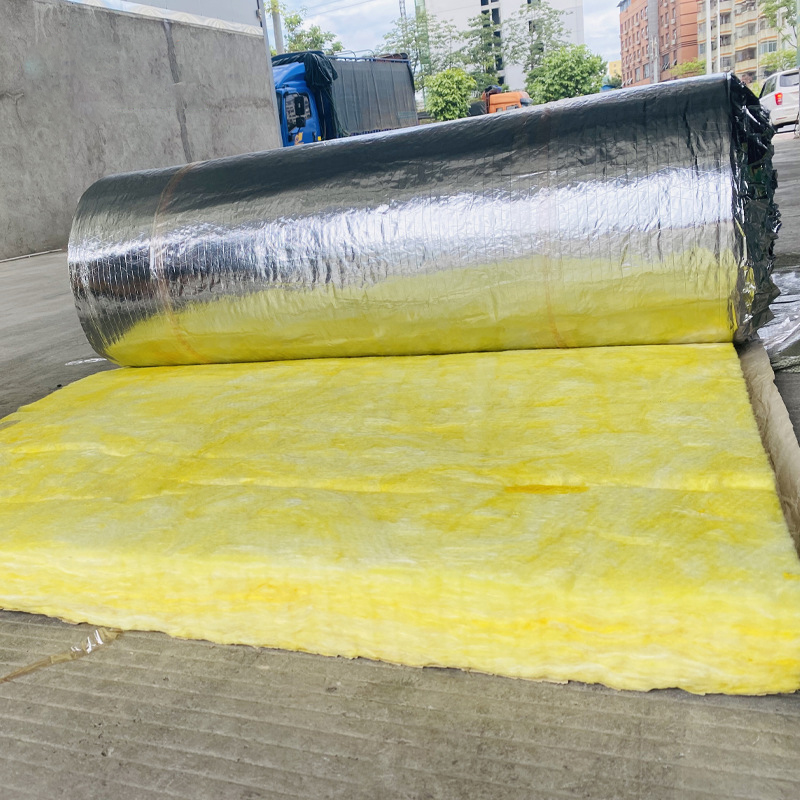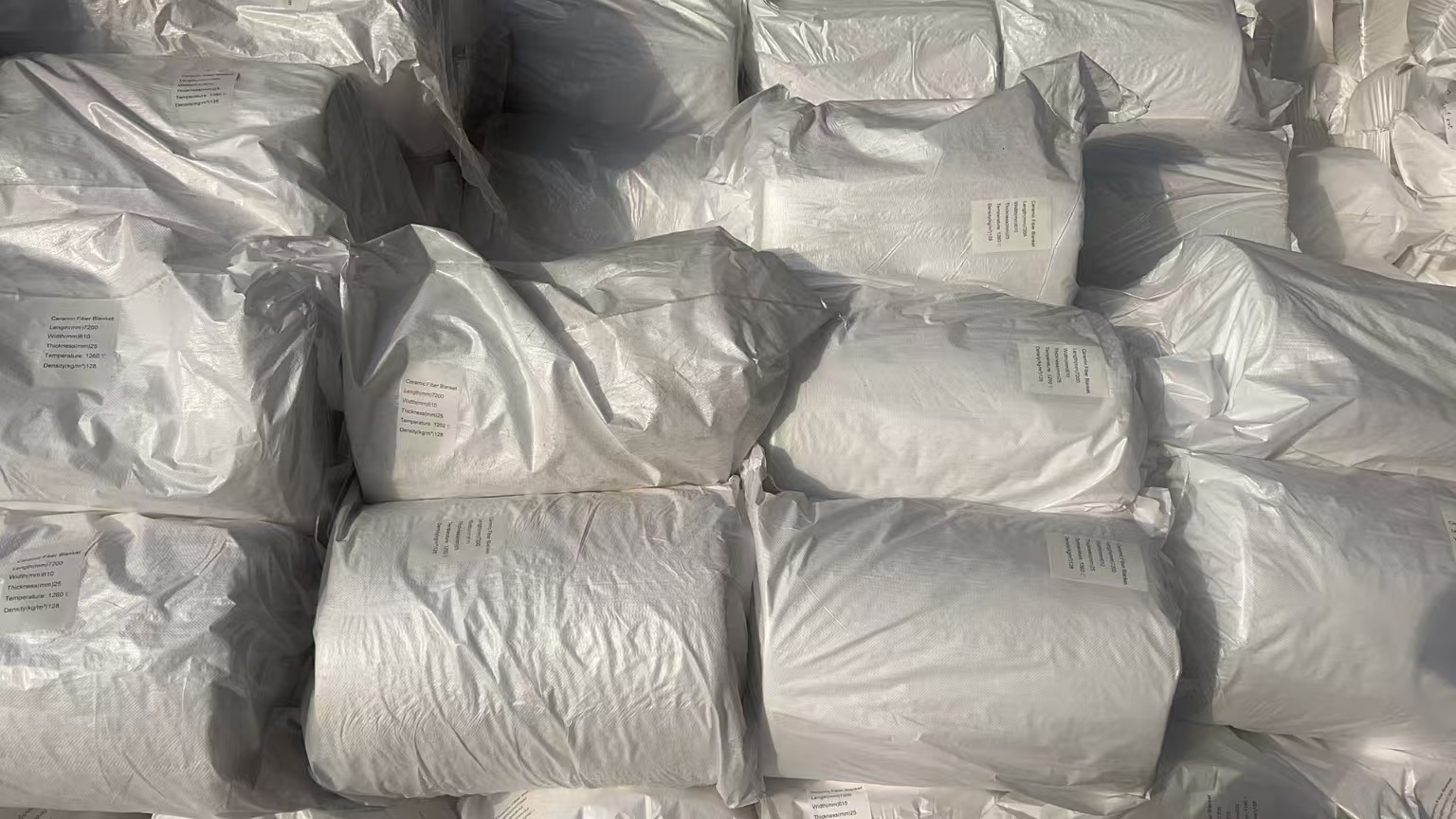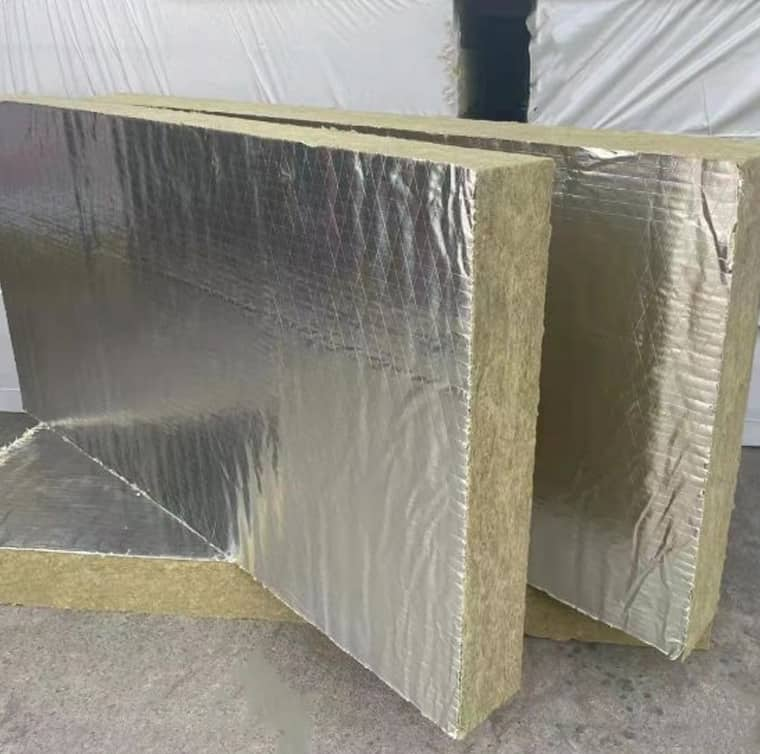Rosewool Insulation Refractory Co.,Ltd.
| Item | Unit | Index |
| Density | Kg/m3 | 24-48 |
| Average fiber diameter | µm | 5-8 |
| Water content | % | ≤ 1.0 |
| Grade of combustibility | Non-combustible Grade A |
|
| Temperature | ℃ | 250 |
| Thermal conductivity | w/m•k | ≤ 0.043 |
| Hydrophobicity | % | ≥ 98 |
| Slag content | % | ≤ 0.3 |



